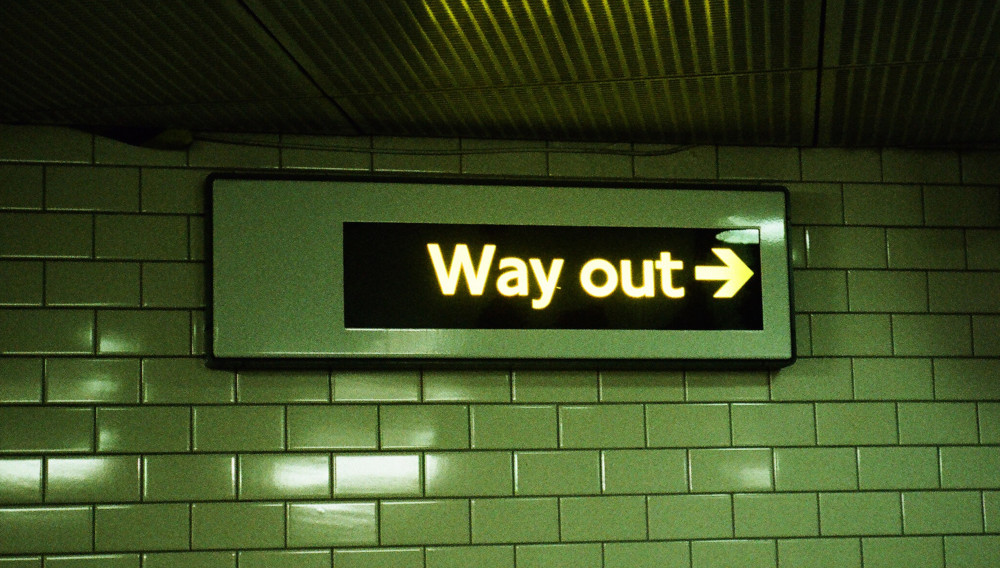Europe’s brewers to expand beyond the beer shelf
Europe | The concept of “total beverage company” is having a comeback. There was a time when only Foster’s and SABMiller styled themselves such. Now the idea is proving attractive again.
The latest to add its name to the list is Carlsberg. The Danish brewer follows Molson Coors, which actually changed its name to Molson Coors Beverage Company, and inked several partnerships with RTD and hard seltzer brands.
Meanwhile, and without much fanfare, AB-InBev has steadily expanded into spirits and other beverages through its unit ZX Ventures.
It is obvious why brewers are looking beyond beer, radler and cider. The world is changing. As argued The Grocer, a UK trade magazine, “Coronavirus has been great for retail sales but has left brewers that were heavily exposed to hospitality reeling from the loss of trade.” For as long as the pandemic persists, the on-premise will be in trouble, most likely for years to come.
Moreover, “the biggest booze launches of the decade have been in spirits, hard seltzers and craft beer rather than in lager beer,” The Grocer said. Therefore, diversification is a sensible reaction.
Better late than never
Carlsberg and Heineken’s move into hard seltzers has long been overdue. While White Claw and Truly barged ahead in the US, they were sitting on their hands. What held them back? Most likely it was a nagging memory. More than two decades ago, alcopops proved a hit in Europe. Volumes were going up until governments taxed these drinks out of existence because they proved too attractive to minors.
Overcoming their reluctance, both Heineken and Carlsberg have finally latched onto hard seltzers. In September, Heineken announced it will explore the category with the launch of Pure Piraña in Mexico and New Zealand. It is also testing its Canijilla hard seltzer from Mexico in select US markets. Not tardy, Carlsberg has rolled out a Garage Hard Seltzer in Norway in May, and one under its Somersby cider brand in Singapore in October.
Turning a brewing giant into a total beverage company will require significant investments. Brewers may be cautious to invest in these pandemic ridden times. Licensing and distribution deals, even cooperations with other brands (see Molson Coors and Coke, Heineken and AriZona) are a low-risk way of testing the market. But they do not exactly scream confidence.
Flooding the market with 0.0 varieties
Brining out low- and non-alcoholic beverages to capture the trend for healthier beverages is a no-brainer. Brewers have the know-how to produce tasty low- and non-alcoholic beers. Still, they need to tread carefully, The Grocer warned. Growing “low & no” requires more skill than just piping out 0.5 percent or 0.0 percent versions of their core brands, it said. After all, too much duplication in the mainstream lager world was one of the reasons why craft beer rose to prominence.
But if brewers venture too far into enemy territory – soft drinks – they will be small fish in a big pond, dominated by the likes of Coca-Cola, PepsiCo and a host of others. The further they stray beyond beer, the more competition they will encounter. Trying to play it safe with kombuchas or fermented teas means only aiming for a niche.
Brewers may think that they are damned if they do, and damned if they don’t. Still, it is encouraging to see them making an effort. Whether they will succeed in turning themselves into full beverage companies remains to be seen.
Some worldly wisdom from the old Romans: If there is no wind, row.
Keywords
beverage market brewing industry beverage industry Europe hard seltzers
Authors
Ina Verstl
Source
BRAUWELT International 2020

